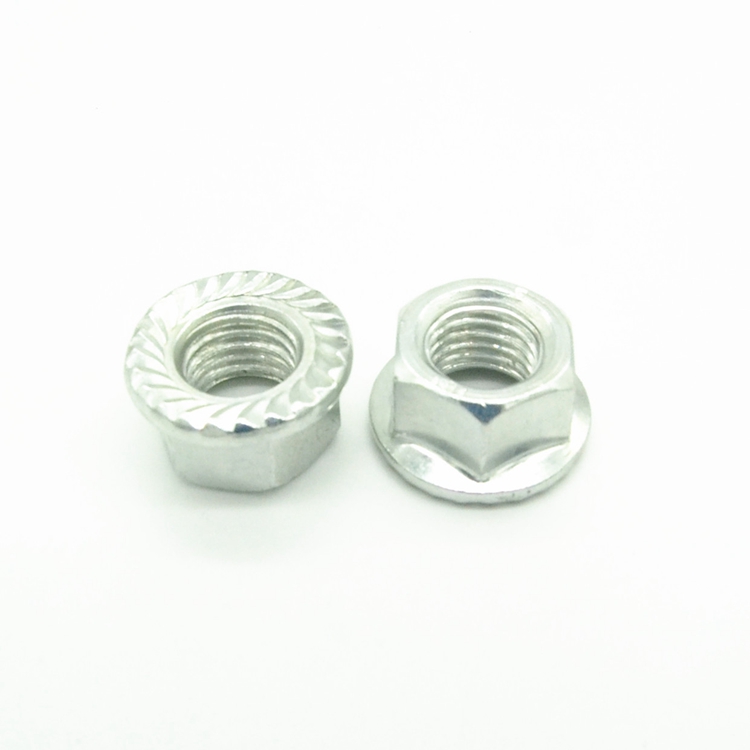Exploring Innovative Solutions in Fasteners and Washers for Modern Industrial Applications
Aug . 06, 2024 06:19 Back to list
Exploring Innovative Solutions in Fasteners and Washers for Modern Industrial Applications
The Evolution of Washers A Look into the Washer Company Industry
In today's fast-paced world, where efficiency and functionality are paramount, washers play an integral role in countless applications across various industries. From construction to automotive manufacturing, the humble washer is an essential component that provides stability, support, and, most importantly, safety. The washers company industry has witnessed significant evolution over the years, adapting to new technologies, materials, and the ever-changing demands of consumers.
Washers come in many forms, including flat washers, lock washers, and spring washers, each serving a unique purpose. Flat washers distribute the load of a threaded fastener, preventing it from damaging the material being fastened. Lock washers, on the other hand, are designed to prevent loosening due to vibration or torque, while spring washers provide a flexible connection that can absorb shock. These variations cater to a diverse range of industries, including aerospace, automotive, and construction, emphasizing the need for specialized manufacturers—washers companies.
Historically, washers were often made from basic materials such as steel or aluminum, which provided standard strength and durability. However, advances in materials science have led to the proliferation of new, high-performance materials such as stainless steel, nylon, and even advanced composites. The adaptation of these materials is crucial, particularly in industries where corrosion resistance and weight reduction are necessary. For instance, in the aerospace sector, the use of lightweight materials is essential for fuel efficiency, while in the marine industry, corrosion resistance can be a matter of safety.
washers company

One notable development in the washers industry is the rise of customization. Modern washers companies now offer tailored solutions to meet specific customer requirements. This shift towards customization has been fueled by the increasing emphasis on efficiency and precision. A tailored washer can greatly affect the overall performance and lifespan of assembly, making it an important area of focus for manufacturers. As industries strive for lightweight designs and higher performance standards, washers companies are embracing technological advancements in engineering and manufacturing processes, such as 3D printing and CNC machining.
In addition to focusing on product innovations and customization, washers companies have also been challenged to improve their sustainability practices. With growing awareness of environmental issues, consumers are increasingly demanding eco-friendly products. This shift has prompted manufacturers to explore using recycled materials, reducing waste during production, and implementing energy-efficient practices. Sustainable manufacturing not only minimizes the environmental impact but also appeals to the values of a more conscious consumer base.
Furthermore, as we venture into a more digital age, the washers industry is not immune to the integration of digital technology. Companies leveraging automation, data analytics, and digital supply chains are improving productivity and efficiency. By analyzing data, washers companies can better predict market trends, optimize inventory, and enhance customer service. The future of fabrication is already visible, as the industry adapts to the demands of speed and precision in a globalized market.
In conclusion, the washers company industry stands as a testament to how a seemingly simple component can evolve and adapt to the complexities of modern manufacturing and consumer needs. From material innovations to sustainable practices and digital advancements, washers companies are not just keeping pace but are leading the way in creating value across various sectors. As we look ahead, the importance of washers will only continue to grow, highlighting the necessity for robust and dynamic companies in this critical industry. The future holds exciting possibilities, ensuring that washers remain a cornerstone of engineering and construction for years to come.
Latest news
-
Top Wire Bolts Suppliers - Quality & Durable Fasteners
NewsAug.15,2025
-
Trusted Wire Bolts Company | Quality Fasteners Supplier
NewsAug.14,2025
-
Reliable Wire Bolts Suppliers & Manufacturers for Global Needs
NewsAug.13,2025
-
High-Quality Bolts for Lawn Mower Handle Supplier
NewsAug.12,2025
-
Leading Phosphated Drywall Screws Supplier | Bulk & Custom Orders
NewsAug.11,2025
-
Top Wire Bolts Company: Manufacturers, Exporters & Suppliers
NewsAug.10,2025
